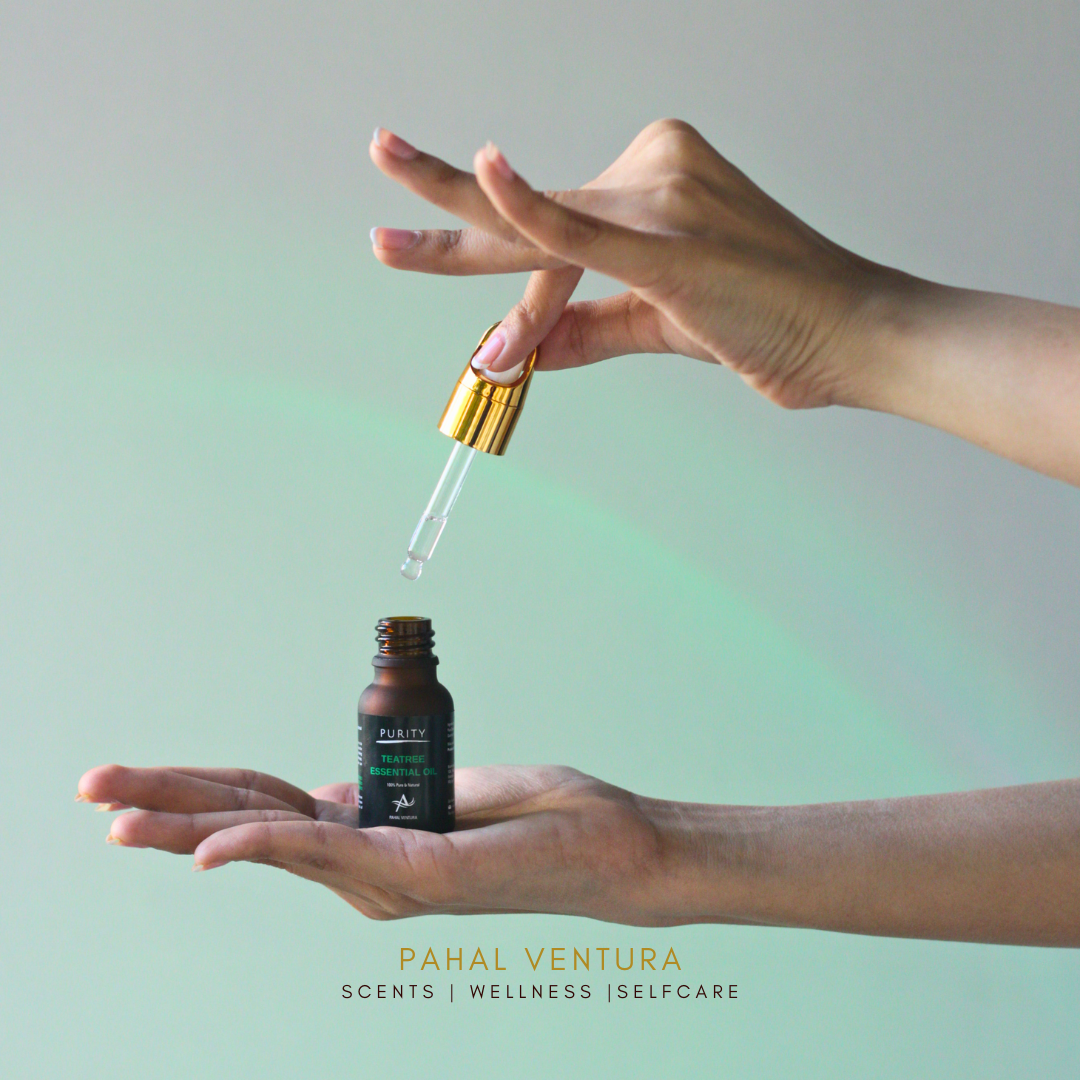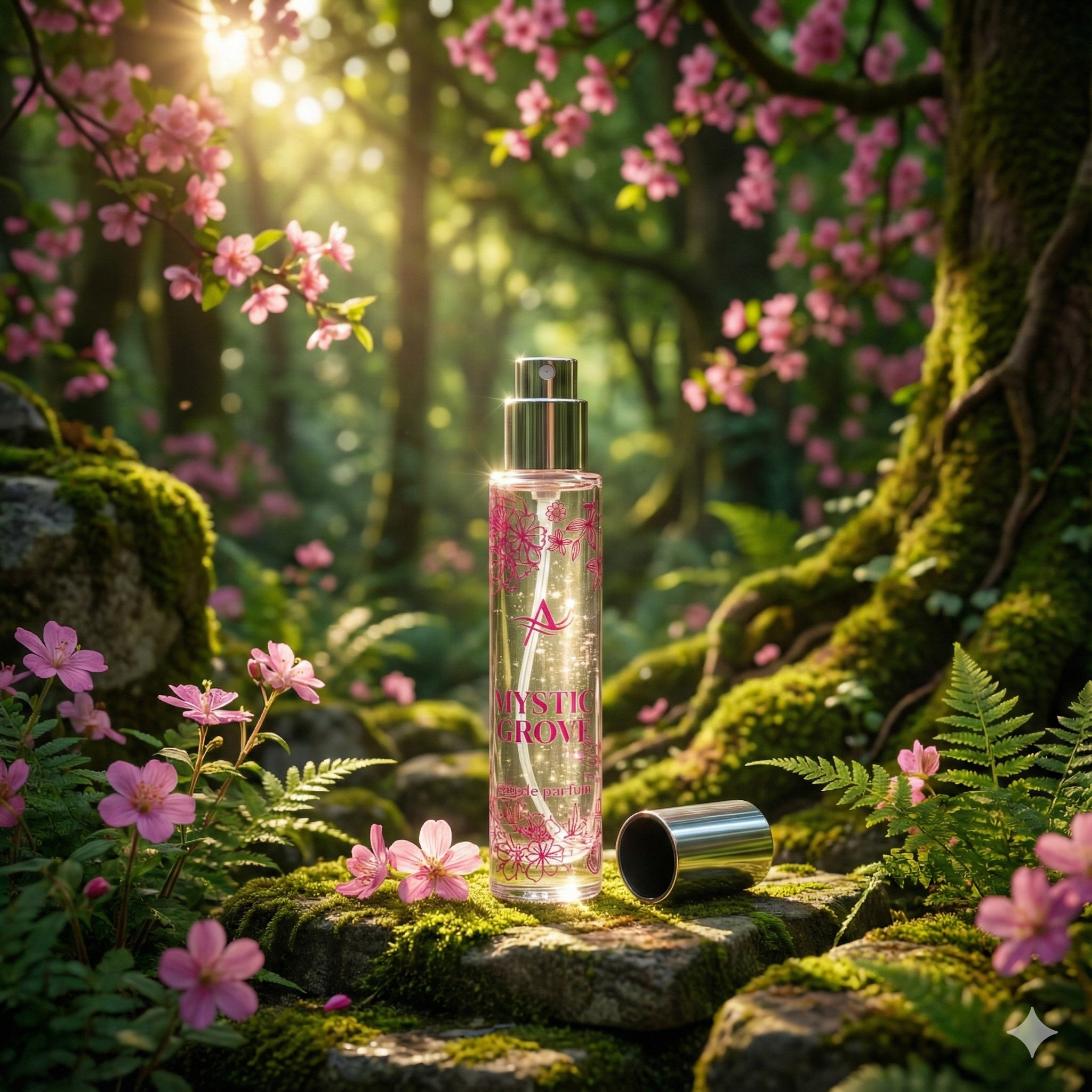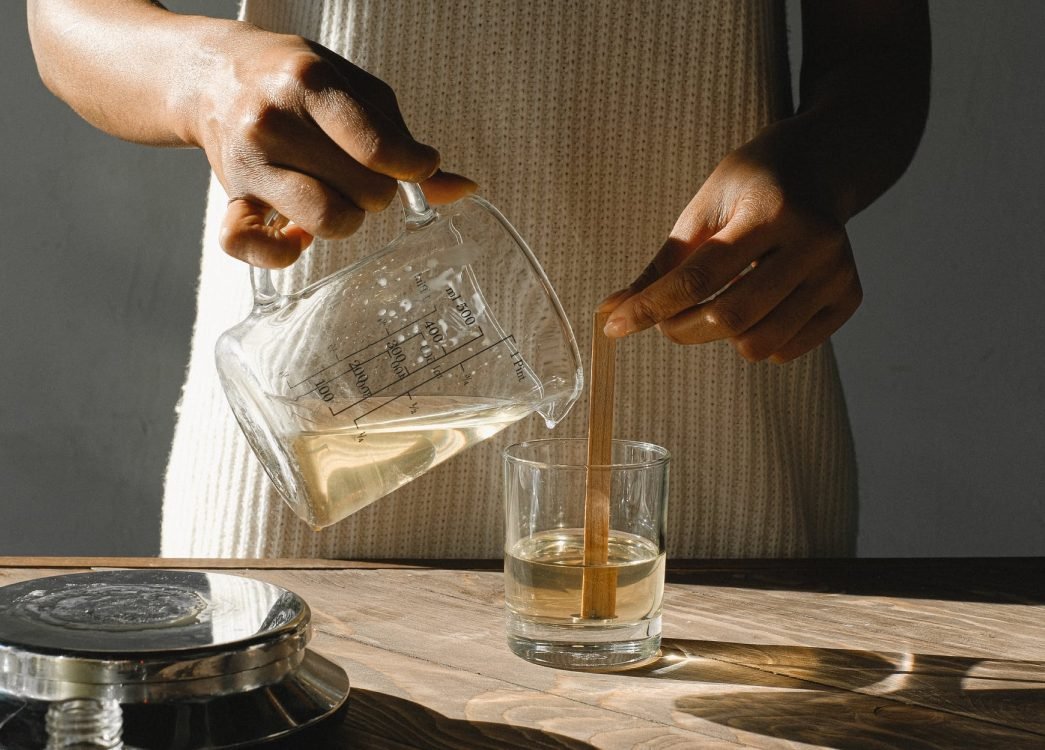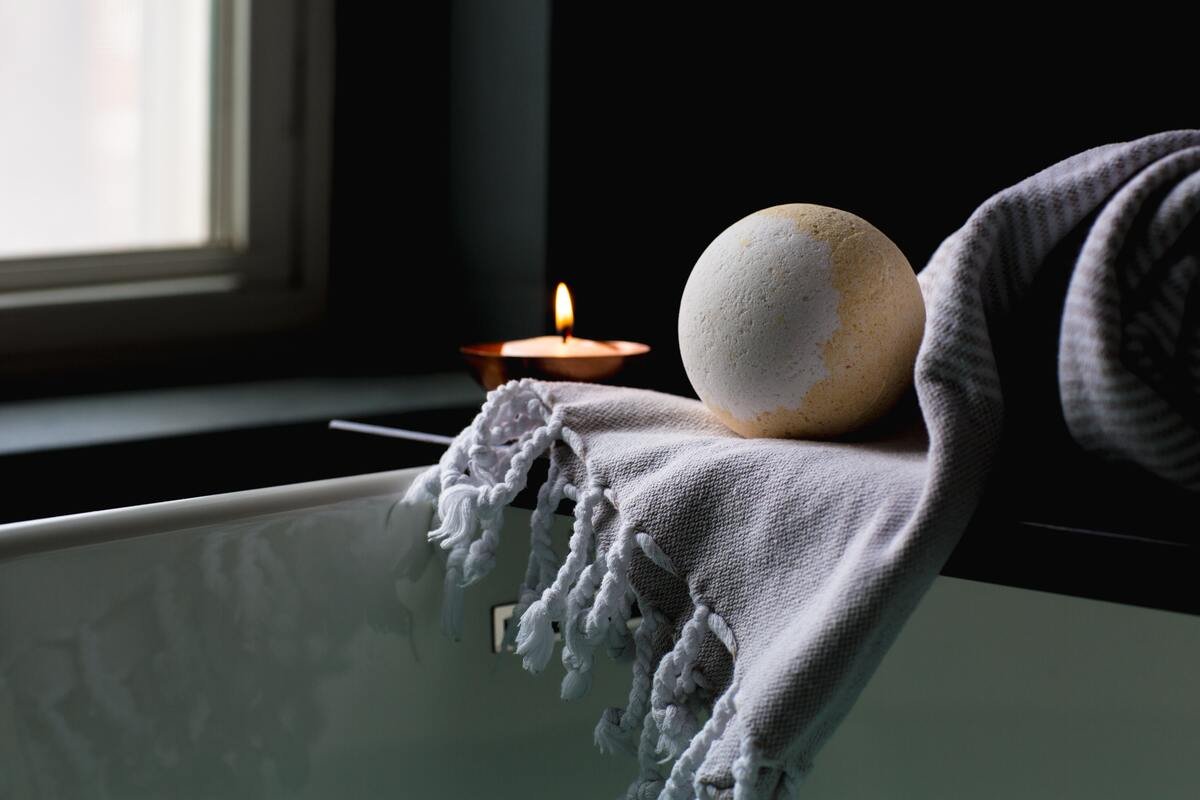Tea Tree Oil Unveiled: Scientific Insights into Nature’s Potent Healer

Tea Tree Oil, derived from the leaves of the Melaleuca alternifolia tree, is a versatile essential oil celebrated for its powerful antimicrobial and healing properties. In this blog, we’ll explore the scientific evidence supporting the myriad benefits of Tea Tree Oil, from its antibacterial prowess to its effectiveness in skincare. When choosing Tea Tree Oil for your wellness routine, the purity of the product is paramount. For the most potent and effective Tea Tree Oil, we recommend selecting 100% pure essential oils from Pahal Ventura.
- Antibacterial and Antifungal Properties: Tea Tree Oil is well-known for its potent antimicrobial effects. Numerous studies, including one by Carson et al. (2006), have demonstrated Tea Tree Oil’s efficacy against various bacteria, fungi, and even some viruses. [Reference: Carson, C. F., Hammer, K. A., & Riley, T. V. (2006). Melaleuca alternifolia (Tea Tree) oil: A review of antimicrobial and other medicinal properties. Clinical Microbiology Reviews, 19(1), 50–62.]
- Acne Treatment: Research supports the use of Tea Tree Oil in acne management. A study by Enshaieh et al. (2007) found that topical application of Tea Tree Oil gel significantly reduced the number of acne lesions, making it a promising natural remedy. [Reference: Enshaieh, S., Jooya, A., Siadat, A. H., & Iraji, F. (2007). The efficacy of 5% topical tea tree oil gel in mild to moderate acne vulgaris: A randomized, double-blind placebo-controlled study. Indian Journal of Dermatology, Venereology and Leprology, 73(1), 22–25.]
- Anti-Inflammatory Effects: Tea Tree Oil possesses anti-inflammatory properties that can benefit various skin conditions. A study by Brand et al. (2002) suggested that Tea Tree Oil can reduce inflammation and redness associated with skin irritations. [Reference: Brand, C., Ferrante, A., Prager, R. H., & Neame, S. J. (2002). The water-soluble components of the essential oil of Melaleuca alternifolia (tea tree oil) suppress the production of superoxide by human monocytes, but not neutrophils, activated in vitro. Inflammation Research, 51(12), 616–629.]
- Hair and Scalp Health: Tea Tree Oil is recognized for its benefits in promoting a healthy scalp and hair. A study by Satchell et al. (2002) demonstrated that a shampoo containing Tea Tree Oil effectively reduced dandruff and improved scalp condition. [Reference: Satchell, A. C., Saurajen, A., Bell, C., & Barnetson, R. S. (2002). Treatment of dandruff with 5% tea tree oil shampoo. Journal of the American Academy of Dermatology, 47(6), 852–855.]
Top 5 Ways to Use Tea Tree Oil:
a. Spot Treatment for Acne: Dilute a drop of Tea Tree Oil with a carrier oil and apply it directly to blemishes for targeted acne treatment. Its antibacterial properties can help reduce inflammation and promote clearer skin.
b. DIY Antibacterial Cleaner: Create an all-natural antibacterial cleaner by adding a few drops of Tea Tree Oil to water and vinegar. Use this solution to clean surfaces in your home, harnessing its antimicrobial power.
c. Hair and Scalp Treatment: Add a few drops of Tea Tree Oil to your regular shampoo or conditioner to promote a healthy scalp and address dandruff concerns. Massage into the scalp during your shower routine.
d. Skin Soothing Bath: Enhance your bath by adding a few drops of Tea Tree Oil. This can be particularly beneficial for soothing skin irritations and promoting overall skin health.
e. Natural Deodorant: Create a DIY natural deodorant by mixing Tea Tree Oil with coconut oil and baking soda. This can help neutralize odors and provide a fresh, clean scent.
Conclusion: Tea Tree Oil, backed by scientific research, stands as a powerhouse in the world of natural remedies.
To fully experience its benefits, we recommend choosing 100% pure essential oils from Pahal Ventura. Elevate your wellness routine with the potent healing properties of Tea Tree Oil, supported by science and enriched by these top 5 versatile usage methods.
Subscribe To Our Newsletter
Subscribe for your email and get 10% off your first order!
COPYRIGHT 2024 © PAHAL VENTURA. ALL RIGHTS RESERVED.











